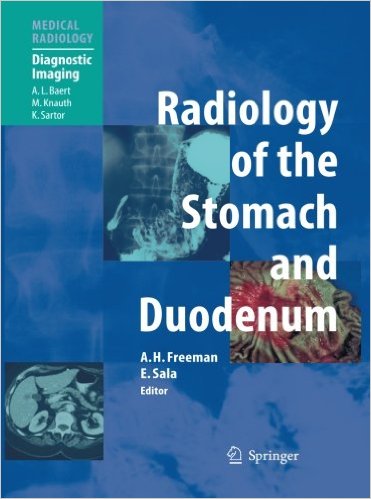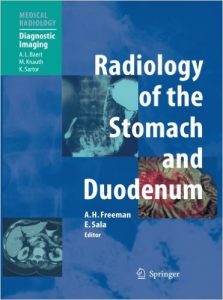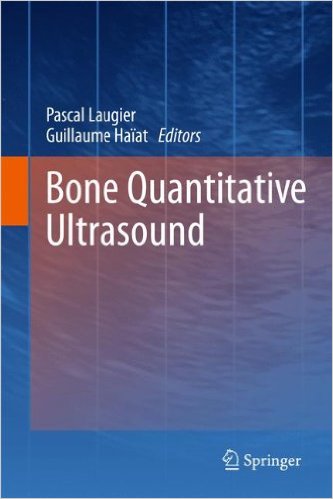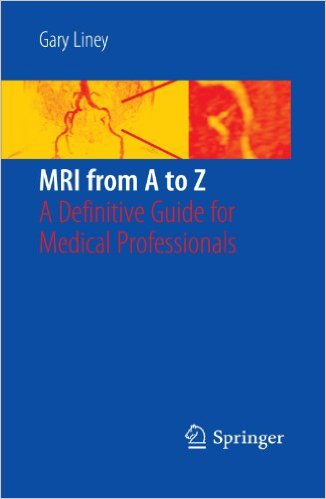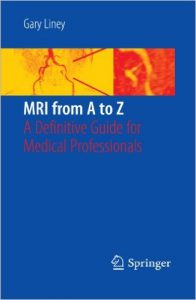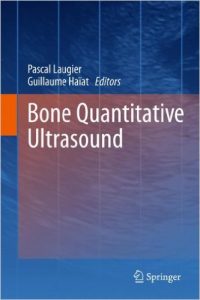
[amazon template=iframe image2&asin=9400700164]
Quantitative ultrasound (QUS) of bone is a relatively recent research field. The research community is steadily growing, with interdisciplinary branches in acoustics, medical imaging, biomechanics, biomedical engineering, applied mathematics, bone biology and clinical sciences, resulting in significant achievements in new ultrasound technologies to measure bone, as well as models to elucidate the interaction and the propagation of ultrasonic wave in complex bone structures. Hundreds of articles published in specialists journals are accessible from the Web and from electronic libraries. However, no compilation and synthesis of the most recent and significant research exist. The only book on QUS of bone has been published in 1999 at a time when the propagation mechanisms of ultrasound in bone were still largely unknown and the technology was immature. The research community has now reached a critical size, special sessions are organized in major international meetings (e.g., at the World Congress of Biomechanics, the annual meetings of the Acoustical Society of America, International Bone Densitometry Workshop, etc…). Consequently, the time has come for a completely up to date, comprehensive review of the topic. The book will offer the most recent experimental results and theoretical concepts developed so far and is intended for researchers, graduate or undergraduate students, engineers, and clinicians who are involved in the field. The central part of the book covers the physics of ultrasound propagation in bone. Our goal is to give the reader an extensive view of the mathematical and numerical models as an aid to understand the QUS potential and the types of variables that can be determined by QUS in order to characterize bone strength. The propagation of sound in bone is still subject of intensive research. Different models have been proposed (for example, the Biot theory of poroelasticity and the theory of scattering have been used to describe wave propagation in cancellous bone, whereas propagation in cortical bone falls in the scope of guided waves theories). An extensive review of the models has not been published so far. We intend in this book to present in details the models that are used to solve the direct problem and strategies that are currently developed to address the inverse problem. This will include analytical theories and numerical approaches that have grown exponentially in recent years. Most recent experimental findings and technological developments will also be comprehensively reviewed.
Download this book free here
http://upsto.re/EgQi4d4
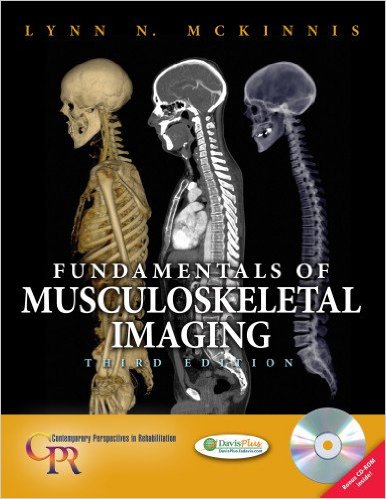
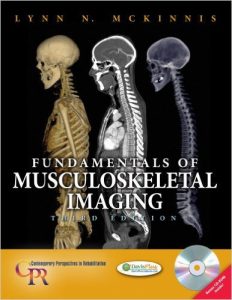

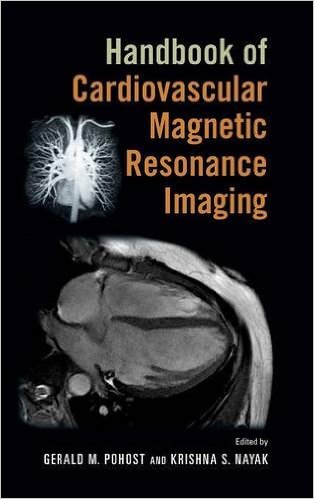
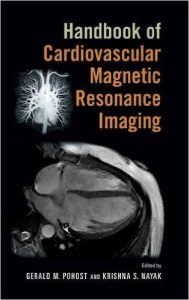
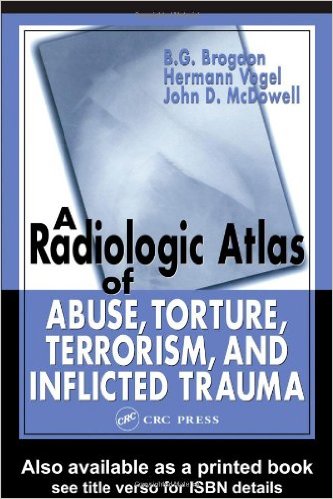
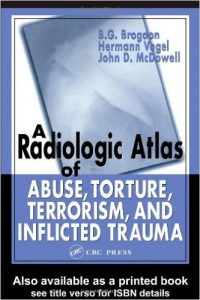
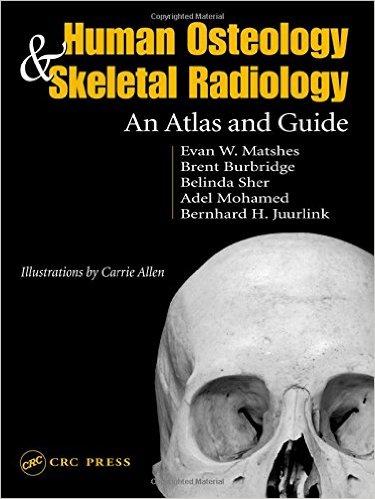
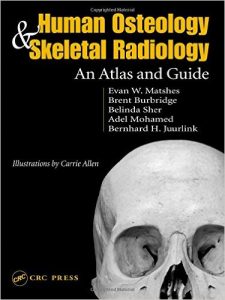
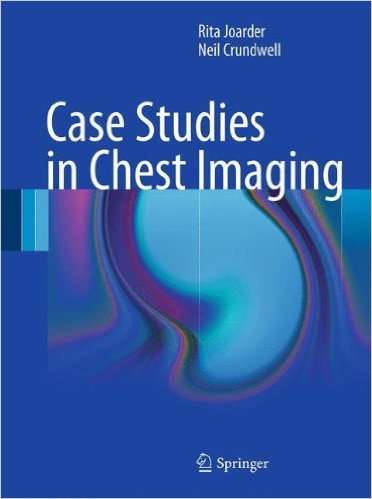
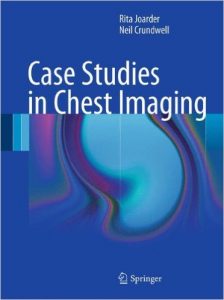
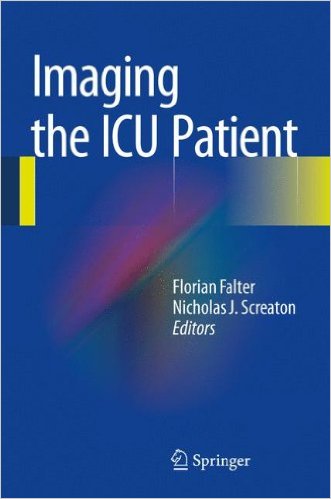

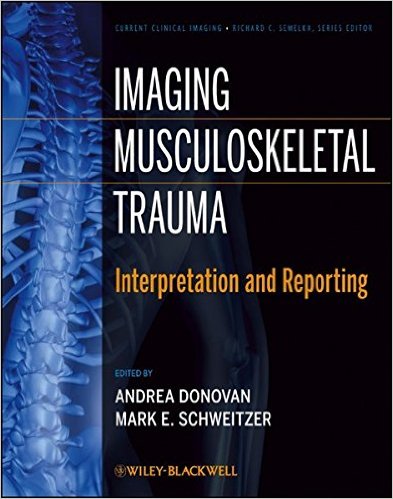
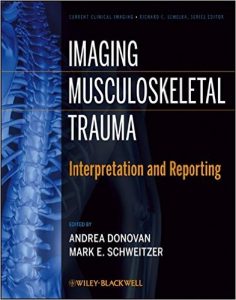 [amazon template=iframe image2&asin=1118158814]
[amazon template=iframe image2&asin=1118158814]